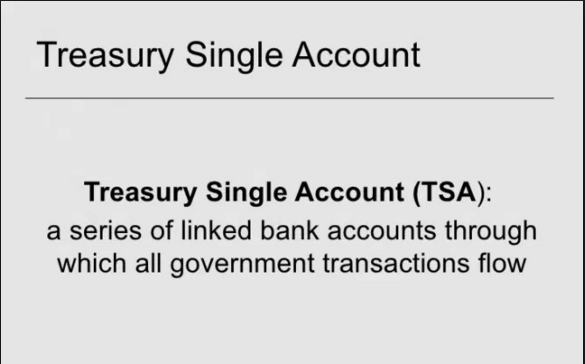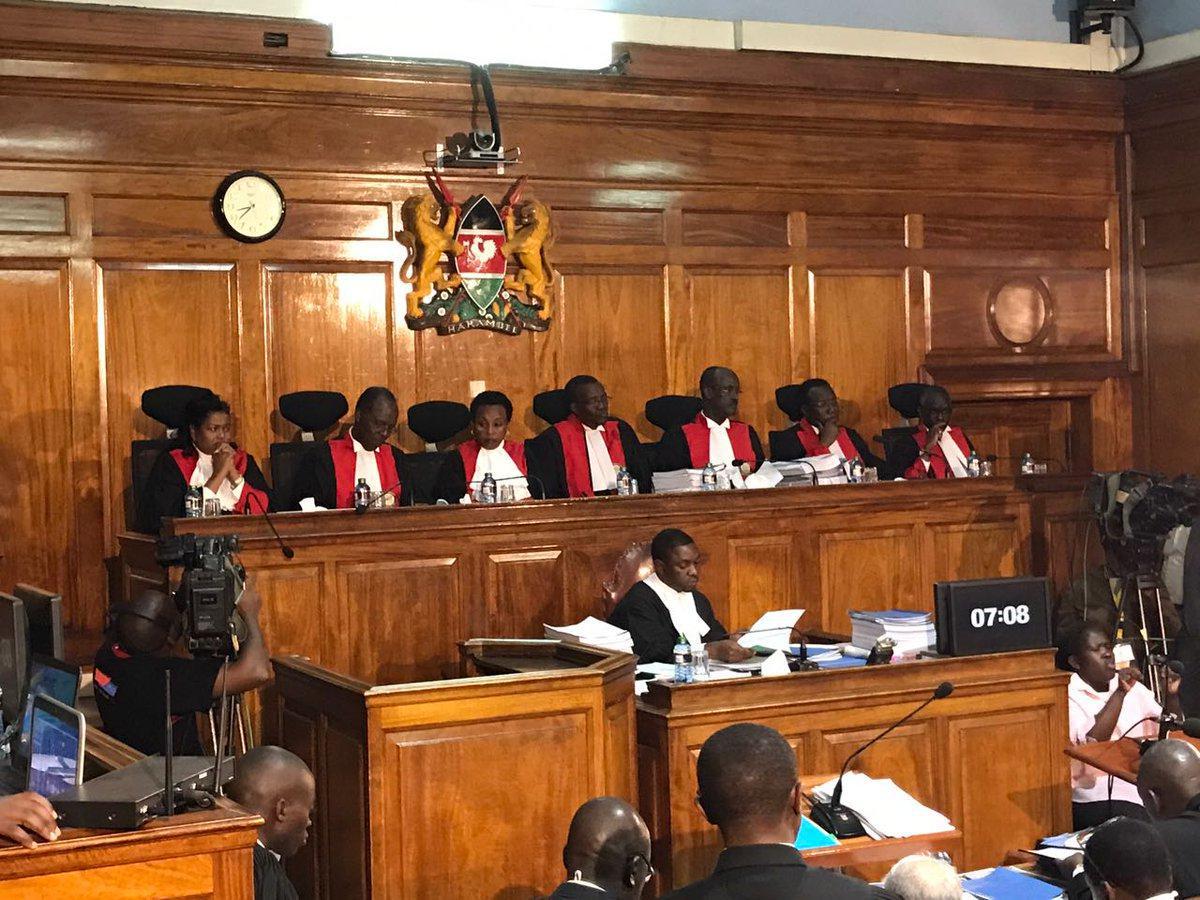The public Finance Management Bill 2017 is seeking to consolidate government funds under one account. Under the regulations, the National Treasury and each County Treasury will establish a Treasury Single Account through which sub-accounts of government entities will be managed, effectively giving the government a clear picture of its consolidated cash position.
Treasury Single Account will enable the government to better plan its cash flows and possibly reduce borrowing through overdrafts and other short term treasury securities.
All national government revenues will be passed through the revenue collection account, credited to the exchequer account from which outflows will be managed. It will make the government better able to assess its financial position at all times through the account ledger. The government will also be able to generate financial statements from the account which will increase accountability in the public space
There is a risk that significant deposits will flow from the banking system to the Central Bank leading to tighter liquidity in the banking system.
National Bank currently has the largest share of government/parastatals deposits at KES 54Bn as at FY2016. This represents 56% of the bank’s deposit book. Of the KES 54Bn, KES 21Bn is payable after 90 days indicating that the funds are not immediately needed to meet government/parastatals’ expenses.
KCB’s share of government deposits was at KES 40Bn according to the annual report as at 2016. This represents 15.4% of the banks deposit book. Of this KES 19.4 Bn of the deposits was due after 30 days.
The existence of the term deposits indicate that there are some parastatals which have surplus cash that is not needed for some time. On the other hand, the government borrows funds every week through treasury bills in order to meet various immediate obligations. Availing the surplus cash held in term deposits to the treasury would reduce the amounts borrowed at the Treasury bill auctions. . The government will also be able to avoid instances where government entities lock in funds in term deposits while still receiving budgetary allocations.
Government has been transferring all financial transactions of government ministries and entities to the Integrated Financial Management Information Systems (IFMIS). This process is substantively complete making it prime time to operationalize the TSA.
In January 2017, the Finance bill 2017 proposed that all government deposits should be placed in banks where the government has more than 20% ownership of the bank. The banks that fall under this category are currently, KCB, National Bank, Consolidated Bank, Development Bank and Post Office Savings Bank. The bill was amended before being tabled in parliament to exclude that section. The bill however brought into question whether the TSA will be operated by the CBK or a commercial bank(s) on behalf of the CBK.
In many Latin American countries, large publicly owned banks operate the TSA. In some countries, large banks undertake the daily debit and credit transactions and carry out daily sweeps into the Central Bank to a consolidated cash position. In Nigeria, all revenue generating ministries were required to transfer 80% of their cash to the treasury single account with the central bank. We will be looking to see how the TSA is structured in Kenya
In Britam’s view, the main effects we expect from the TSA are;
1. Less government borrowing- Better management of the government cash position will reduce unnecessary borrowing
2. Low-Stable interest rates- In the past we have seen the government borrow at very high rates through treasury bills when faced with liquidity constraints. Having a clear view of the cash balances and anticipated cash balances will enable the government to match its inflows and outflows adequately and manage its borrowing schedule in such a way that there will not be extreme spikes in interest rates
3. Shift in deposit balances from commercial banks to the TSA -The most adversely affected will be the banks which hold significant deposits from the government. These are KCB, Co-operative Bank and National Bank
4. If the TSA will be run by the CBK through the RTGS system, we expect higher cost of deposits for banks which have traditionally enjoyed low cost government deposits. On the other hand, if the TSA is run through government owned banks, these banks will enjoy low cost of deposits.




